 Back in my thirties I set an intention one year to stop gossiping. I don’t necessarily consider myself a big gossiper, but I do it. What’s the big deal about gossiping? I don’t feel good when I am repeating a story about someone that doesn’t need to be told, if you know what I mean.
Back in my thirties I set an intention one year to stop gossiping. I don’t necessarily consider myself a big gossiper, but I do it. What’s the big deal about gossiping? I don’t feel good when I am repeating a story about someone that doesn’t need to be told, if you know what I mean.
(Keep reading, even if you don’t give a poop about gossiping. I have a bigger point to make.)
I consider gossip to be talking about someone, or even myself, for any reason other than to celebrate, acknowledge, learn, or create a solution. If I am not seeking to empower someone with the conversation, I’m actually depleting my own power.
If I’m gossiping, it is usually because I have an unconscious desire for something. It may be to get attention or to feel powerful or maybe even to get sympathy (i.e., “Can you believe Joe Blow did that to me?!”). So, now I’m feeding myself from a place of lack. Retelling a negative story is not a logically good decision.
And you are spending time and energy on something that doesn’t thrill you in the first place. So now you get to experience the negativity two times or more, depending on how many times you repeat the story.
Another thing that potentially happens is that you enroll the person you’re talking to into the same negative emotions. Pretty soon they are colluding with you and getting all fired up. Now you’re both sending negative waves of emotion.
The bottom line is, whatever you focus on, you get more of. Ever notice that when someone close to you does a few irritating things in one day that capture your attention, it feels as if there’s been an avalanche of bickering by day’s end? That’s because the world is mirroring your thoughts back to you.
All of the above applies to anytime you complain about any circumstance in life, not just about certain people. When you catch yourself repeating negative stories, ask yourself the following questions:
- What do I really want from telling this story?
- What will be the impact on the person I am talking to?
- What will be the impact on the person or circumstance I’m talking about?
- How does it feel to be telling this story?
- If I could have any result I wanted about this situation or conflict, what would it be?
- What are two or more positive actions I can take to turn this situation around?
- Is this how I want to spend my time with the person I am talking to?
These questions will support you in stepping fully into your power.
I’m a big advocate of telling a story to a respected person in your life for the sake of creating a solution or to shift your energy by having a different perspective. If you simply need to vent, let the person you’re talking to know that you’re venting and then set a time limit. Five to fifteen minutes is usually enough to give a good emotional dump. Any more time and you are just rehashing all the little details.
The flip side of all this is when you’re the person listening to the complaining. You have a choice. You do NOT have to listen to anything that does not feel good. You can simply request that the person talk to someone else about the situation or gently guide the conversation in a positive direction.
If you catch yourself joining in the negative downward spiral, stop. You can even tell your friend, “Hey, I just noticed that I was supporting you in keeping the problem alive versus feeling better. Let’s switch our conversation to something more solution oriented.”
Complaining your life away usually comes from a fear that you can’t have what you want.
If there are two ways to communicate, either from love or fear, I lovingly remind myself to come back to love. 😉
WANT TO USE THIS ARTICLE IN YOUR E-ZINE, BLOG OR WEB SITE?
